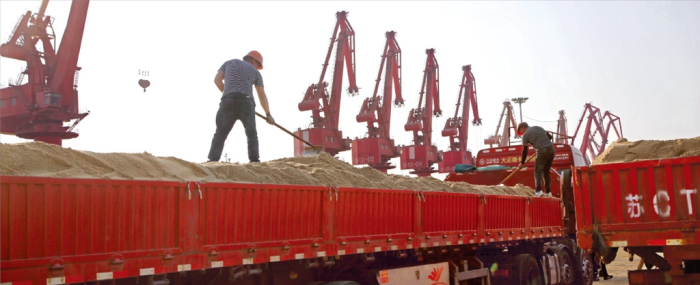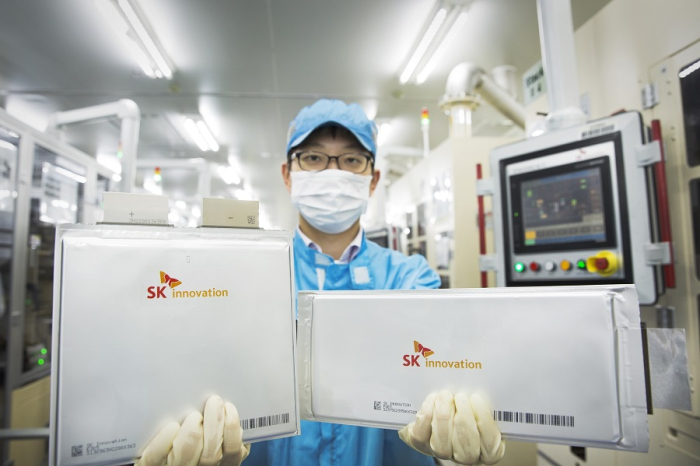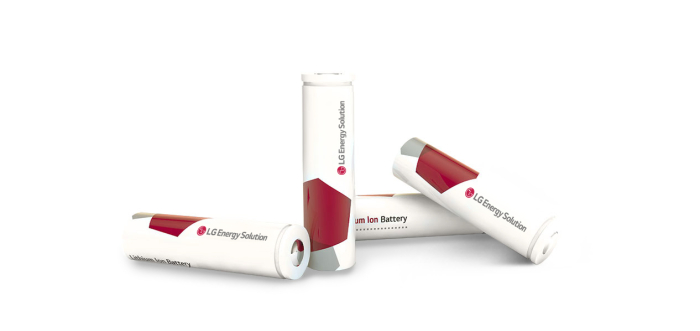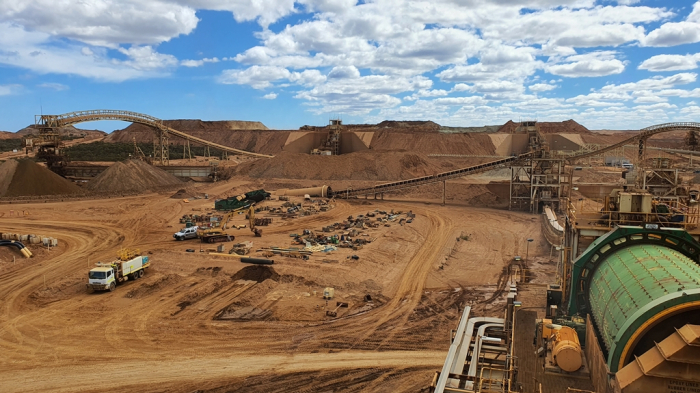China’s tighter grip on supply chain hurts Korean battery makers
Korea’s top three battery makers will lose their ground unless they diversify procurement sources, experts warn
By Dec 27, 2021 (Gmt+09:00)
LG Chem to sell water filter business to Glenwood PE for $692 million


Kyobo Life poised to buy Japan’s SBI Group-owned savings bank


KT&G eyes overseas M&A after rejecting activist fund's offer


StockX in merger talks with Naver’s online reseller Kream


Mirae Asset to be named Korea Post’s core real estate fund operator



While the recent urea crisis laid bare South Korea’s heavy dependence on China for the basic raw material, concerns are growing that the country’s fragile supply chain in another key business is creating a precarious situation for electric vehicle batteries.
According to industry officials on Monday, China is significantly raising the prices of raw materials used to make EV batteries, forcing Korea’s top three battery makers – LG Energy Solution Ltd., SK On and Samsung SDI Co. – to also hike the prices of their finished products.
With EV output ramping up amid a global race to offer cheaper batteries, problems are growing bigger and more visible for the Korean companies, which control a combined 40% of the EV battery market.
LG Energy plans to raise its cylindrical battery price by 10% next month, marking the company’s first double-digit price hike for the type.
Samsung SDI already increased its cylindrical battery price by 8% in November.

While China is not the primary producer of battery materials such as cobalt, nickel and lithium, it is the primary processor of them.
“If Chinese companies raise their raw material prices, we have no other choice but to follow suit, weakening our price competitiveness in the global market,” said an official at a Korean battery maker.
Lithium spot prices stood at 230.5 yuan a kilogram as of Dec. 23, up more than fivefold from 44 yuan at the end of 2020. Over the past month, such prices have risen 24.3% to record high levels.
The price of lithium, a key material used for the positive end of a lithium-ion battery, known as the cathode, is set in the Chinese yuan, not the US dollar, in the global market as Chinese makers are dominant players.
Cobalt prices rose to $70,205 per ton as of Dec. 23, the highest level in three years, while nickel prices rose to a seven-year high of $20,000 a ton last month.

DOMINANT BATTERY MATERIALS PROCESSOR
China currently controls the processing of nearly 60% of the world’s lithium, 35% of nickel and 65% of cobalt, according to industry data.
The Asian superpower also owns eight of the 14 largest cobalt mines in Congo, the world’s principal source of cobalt, and is buying up mining capacity in South America.
Australia, the world’s largest producer of lithium, exports nearly 90% of the material to China for processing before being used in batteries.
China is also spending billions of dollars in Indonesia, which accounts for 30% of global nickel production, to establish infrastructure to process the metal locally.
“If China wanted to cut off supplies of processed materials for batteries, as it did with rare-earth materials in the past, it would create a dire situation not just for Korean companies but also other battery makers around the world,” said an industry official.
According to the Korea International Trade Association, in the first nine months of this year, Korean companies imported $2 billion worth of tungsten oxide, calcium hydroxide and manganese hydroxide, used to make the precursor, a key material for the cathode. Of the imports, 92.8% or $1.85 billion worth of the materials came from China.

DIVERSIFY PROCUREMENT SOURCES
“Korea must lower its reliance on China if it doesn’t want to see its global ranking fall rapidly in just a few years from now,” said Kang Nae-young, a KITA researcher. “Korean companies also need to directly invest in raw material producers and mines, and diversify their procurement sources.”
Smaller Korean businesses such as makers of mini electric cars, electric buses and excavators, which use cylindrical batteries, are feared to get the biggest hit if raw material prices rise at a fast rate, analysts said.
Korea’s battery-related companies are seeking to form joint ventures with Chinese battery materials producers and build facilities in resource-rich countries such as Indonesia.
Korea’s steel giant POSCO said in mid-December it has earmarked $830 million for spending on a new plant in Argentina to extract lithium hydroxide, a material for EV batteries, from a salt lake.
LG Energy, in partnership with Hyundai Motor Co., in September began construction of a $1.1 billion battery cell plant in Indonesia.
Indonesia has ample mineral resources such as nickel and cobalt. The Southeast Asian country is the world’s top nickel producer with the largest reserves.
Write to Kyung-Min Kang and Jeong-Min Nam at Kkm1026@hankyung.com
In-Soo Nam edited this article.
-
 Supply chainUrea crisis lays bare South Korea’s heavy dependence on China
Supply chainUrea crisis lays bare South Korea’s heavy dependence on ChinaNov 14, 2021 (Gmt+09:00)
4 Min read -
 BatteriesKorea battery makers suffer under growing China dominance
BatteriesKorea battery makers suffer under growing China dominanceDec 24, 2021 (Gmt+09:00)
3 Min read -
 Battery recyclingLG Chem, LG Energy acquire 2.6% of battery startup Li-Cycle for $51 million
Battery recyclingLG Chem, LG Energy acquire 2.6% of battery startup Li-Cycle for $51 millionDec 15, 2021 (Gmt+09:00)
1 Min read -
 [Exclusive] Pre-IPOsSK On seeks $2.5 bn in new funding for battery plants
[Exclusive] Pre-IPOsSK On seeks $2.5 bn in new funding for battery plantsNov 25, 2021 (Gmt+09:00)
2 Min read -
 Supply chainGlobal supply crisis endangers S.Korea’s manufacturers
Supply chainGlobal supply crisis endangers S.Korea’s manufacturersNov 09, 2021 (Gmt+09:00)
4 Min read -
 Battery materialsPOSCO Chemical to expand EV battery materials capacity in China
Battery materialsPOSCO Chemical to expand EV battery materials capacity in ChinaAug 25, 2021 (Gmt+09:00)
1 Min read


